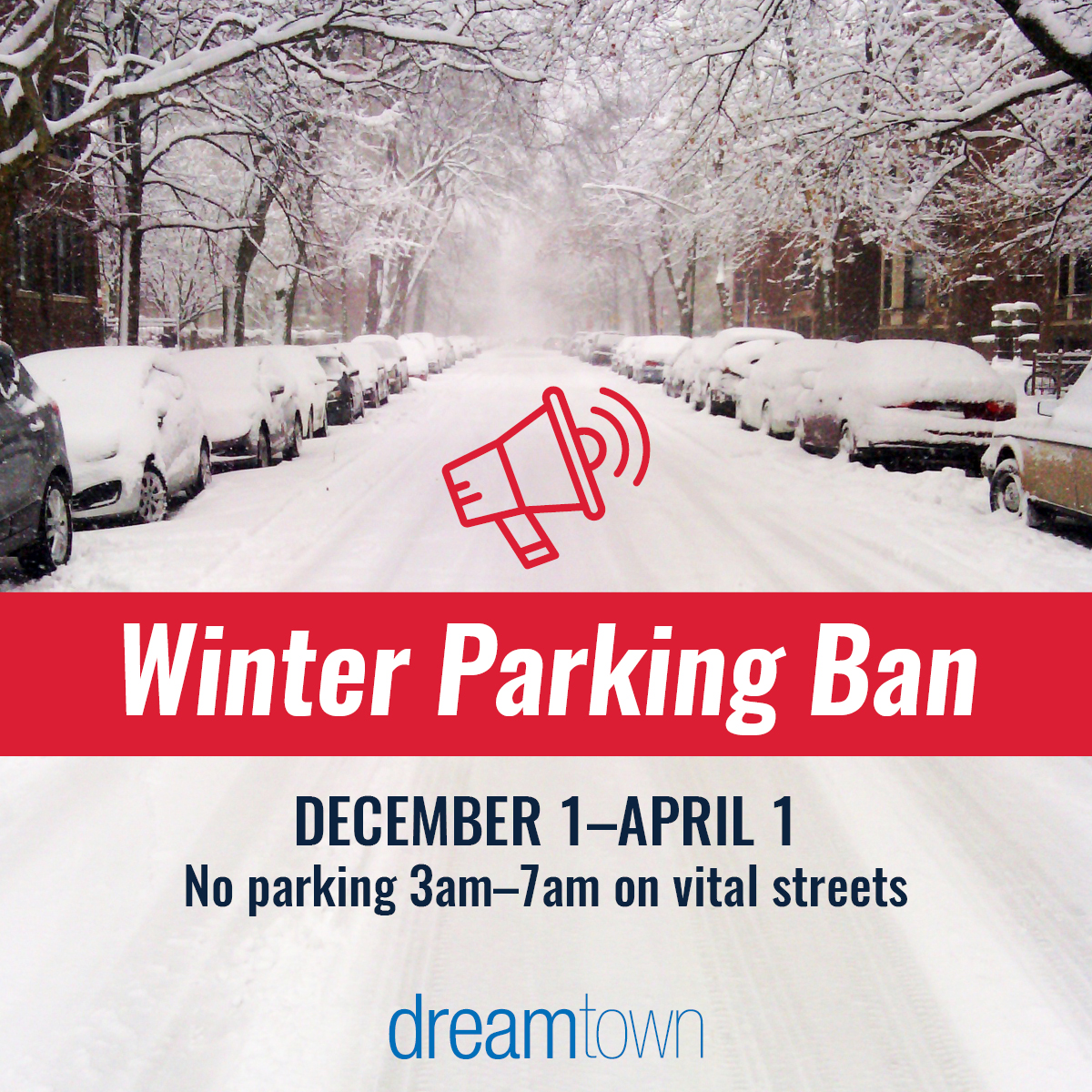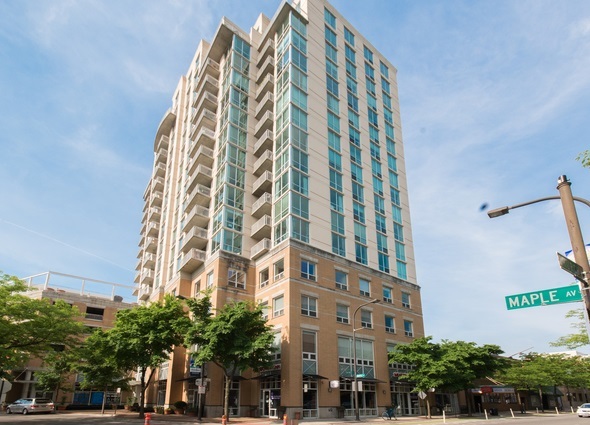Condo vs. Co-op: What’s the difference?
Will Tveit | MBA - Broker Associate - Realtor, Dream Town Realty
Condo vs. Co-op: What’s the difference?
In searching for an apartment, you might find some described as “condos” or “condominiums” and others as “coops” or “cooperatives.”
While it is true that many (but not all) coop apartments are located in classically designed pre-War buildings, the term “co-op” does not describe the style of the building but rather the ownership terms of the apartments.
With a condominium (or condo), you are buying a physical apartment (as defined by legal description) as well as a share in the common elements of the building. A condo association, led by a board of directors, manages the building’s exterior and common elements, including landscaping, while the unit owners maintain the interiors of their individual apartments.
When you purchase in a co-operative (or co-op), you are technically not buying real estate. Instead, you are purchasing shares of stock in a legal entity (usually a corporation) that owns real estate. Your shares of stock entitle you to occupy a specific apartment, as defined in the Proprietary Lease you receive with your stock certificate. So in the end, you have the same thing (a place to live), but how you achieve this is a bit different.
History of Co-op Apartments
Some of the finest pre-War and Art Deco buildings in Chicago’s Gold Coast, Lincoln Park, Lakeview, and Hyde Park neighborhoods are coops. Coops predated condominiums as the earliest form of apartment ownership in Chicago.
In the beginning, coops were popular among Chicago’s leading families. Each building had admission requirements, much like private country clubs. Their criteria included financial capacity and social stature. Because they were corporations, coops were exempt from fair housing rules and were able to discriminate. Bank financing was not available; purchasers paid for their shares of stock in cash.
In the late 1980s, banks started getting more creative, offering opportunities for co-op purchasers to discretely obtain financing. However, as coop financing was not allowed, shares of stock could not be openly pledged as collateral. Thus, the earliest coop loans were unsecured lines of credit. As shareholders could not sell their apartments without first retrieving these certificates, they needed to remain on good terms with the bank.
By 1994, some co-op buildings had started to openly permit shareholders to pledge their stock as collateral and obtain financing. This shift in policy made sense, as home mortgage interest deductions were (and still are) a valuable write-off against income taxes. As co-ops began to allow financing, it was with carefully designed rules that included:
- Limits on the percentage of the purchase price (or appraised value for existing co-op owners) that could be financed.
- The requirement that the lender executes a “recognition agreement” acknowledging the co-op's rights, especially with respect to approving future sales.
Today, there are only a few co-ops left in Chicago that require purchasers to pay 100% cash. The rest allow purchasers to obtain loans for anywhere from 55% to 90% of their purchase price depending on the building. Another major shift is that co-ops can no longer reject a potential buyer for reasons other than their ability to afford the home. Consequently, the make-up of coop residents is more diverse than in the past.
Maintenance Fees and Real Estate Taxes
Buyers new to co-ops are often surprised by the fact that the monthly fees for co-ops are higher than for condos. However, this is usually because co-op fees include two additional areas of expense that condo owners pay separately.
In both condos and co-ops, fees are collected from homeowners/shareholders to pay for building maintenance and insurance. In both cases, residents carry separate insurance for the interior components of their apartments including everything from the walls in.
But two other expenses are not handled the same way:
Real Estate Taxes
Both condo and co-op owners pay real estate taxes. But how they receive and pay their bills varies.
- In condo buildings, each homeowner receives a tax bill directly from Cook County.
- In co-ops, shareholders do not receive individual real estate tax bills. Instead, Cook County issues a single tax bill to the corporation. Shareholders pay a proportional share of the total bill based on the number of shares of stock they own. In most coop buildings, real taxes are included in the monthly assessments, similar to the way some condo or single-family homeowners may pay their real estate taxes each month into an escrow along with their mortgage payments.
Real estate taxes paid for condos and co-ops are tax-deductible and qualify for both homeowner’s and senior citizen exemptions.
Capital Projects
In all buildings (condos and co-ops), capital improvements are needed from time to time. These projects vary depending on the age and condition of the building and may include the need for tuckpointing, a new roof, new elevators, upgrades to the building’s electrical service, replacement plumbing risers, a new boiler, or new windows. While most buildings are diligent about maintaining a reserve fund for capital projects, there can be a gap between reserve fund balances and capital requirements, resulting in the need to collect additional funds from homeowners.
The way that condos and co-ops customarily fund capital improvements can be another distinguishing feature.
- Condo buildings typically utilize “special assessments” to pay for capital improvements. They can be structured as a one-time payment or as a series of payments over months or even years.
- Co-ops, on the other hand, can pledge the building as collateral and obtain a mortgage (or line of credit) that can be used to pay for capital improvements over a longer period of time. In such a case, shareholders pay their pro-rata share of the building’s monthly mortgage payment along with their regular maintenance fees. Obtaining a loan to pay for capital projects can be viewed as preferential over a special assessment, as the cost of the improvement is less burdensome. Any interest shareholders pay on the coop’s mortgage is tax-deductible, just like interest on their home loans.
Board Approval / Admission Requirements
In condo buildings, homeowners have virtually no say in who moves into the building. Some condo associations (mostly older ones) have a provision in their by-laws that gives them the “right of first refusal.” This provision was designed to provide a back-stop to prevent someone from dumping their apartment at an excessively low price, injuring values in the building. However, the hurdles involved in exercising a right of first refusal (including the requirement that the association buys the unit from the seller at their price) make it nearly impossible.
In condo buildings, homeowners have virtually no say in who moves into the building. Some condo associations (mostly older ones) have a provision in their by-laws that gives them the “right of first refusal.” This provision was designed to provide a back-stop to prevent someone from dumping their apartment at an excessively low price, injuring values in the building. However, the hurdles involved in exercising a right of first refusal (including the requirement that the association buys the unit from the seller at their price) make it nearly impossible.
Still, under the right of first refusal provision, condo associations may request copies of sales contracts, applications and/or credit reports.
Co-ops have a more involved application process. The main reason that co-ops still “approve” buyers in this day and age is to confirm the buyers’ ability to afford their homes, including association fees, real estate taxes and potential future capital improvements. If someone buys a co-op and stops paying their monthly assessments, neighbors would be on the hook for more than just their maintenance fees.
Consequently, co-op purchasers are usually required to provide the following: an application, a detailed balance sheet, and several personal and professional letters of reference. Some co-ops also ask to see tax returns. After the coop board has received and reviewed the buyer’s application, an interview is scheduled, and then the buyer is officially approved.
Most coops discourage flipping or buying purely for investment. For that reason, rentals are rarely allowed except under extenuating circumstances, and then, only with board approval.
Financing
Condo associations do not get involved in how purchasers finance their apartment. That is between the lender and the buyer. As noted earlier, most coops do have restrictions in this area, primarily as it relates to the amount a coop purchaser can borrow as a percentage of their purchase price. Most coops now allow buyers to borrow around 75% of their purchase price, some more and some less. However, a few buildings including 209 E. Lake Shore Drive, 1500 N. Lake Shore Drive, and 2430 N. Lakeview still require buyers to pay for their entire purchase in cash.
The good news is that the portfolio of loan products available to coop borrowers is relatively diverse and competitive with condo financing options.
Conclusion
In the last few decades, buyers have shifted away from co-ops.
- A large number of new condominium buildings came online with amenities like private outdoor space and deeded, onsite garage parking--perks that are not often available in pre-War buildings.
- The sky was the limit on what banks would lend condo owners, so many took advantage of this. Some people obtained highly leveraged loans, borrowing more than their purchase price.
- Many felt the co-op application process invaded their privacy, and they wanted to avoid it altogether.
Ironically, as over-leveraged condo owners and investors in certain buildings have failed to meet their obligations resulting in a drop in home values building-wide, the benefits of buying in a coop are making a comeback. While the coop approval process, caps on financing, and restrictions against buying for investment do not guarantee financial immunity for shareholders, they are a good hedge.


























